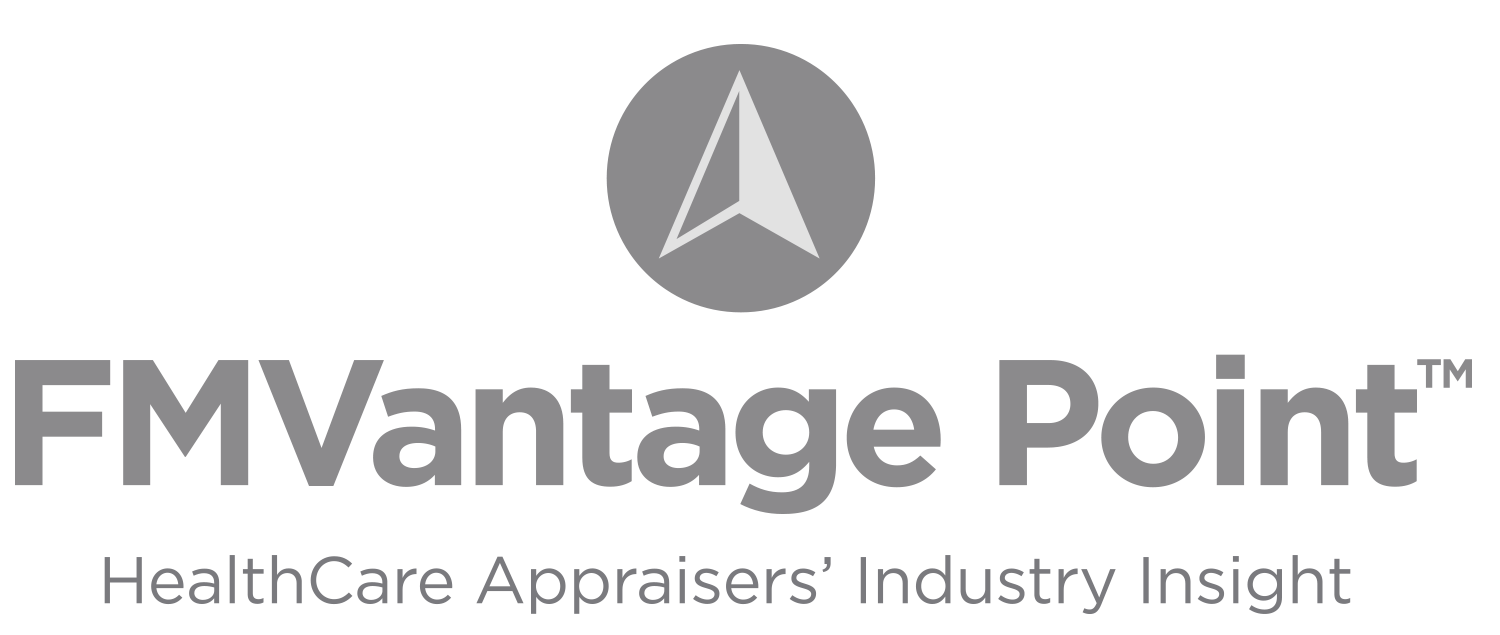Authors: Erica Jacobovits, JD and Kevin Obletz, JD

In the aftermath of the determination by the Secretary of Health and Human Services, Alex M. Azar II (the “Secretary”), that COVID-19 represents a public health emergency[1], the Centers for Medicare & Medicaid Services (CMS) recognized the need for increased flexibility for compensation arrangements between physicians and providers of designated health services for “COVID-19 Purposes”[2]. In response, CMS issued 18 blanket waivers (the “Blanket Waivers”)[3] of Section 1877(g) of the Social Security Act (commonly referred to as the “Stark Law”).[4] However, as discussed below, the Blanket Waivers do not completely preclude the enforcement of actions related to violations relating to fair market value (“FMV”) and commercial reasonableness.
The Blanket Waivers were issued in order to help ensure that “sufficient health care items and services are available” to meet patient demand, as well as provide adequate reimbursement to the healthcare providers delivering those services throughout the duration of the declared COVID-19 public health emergency.[5] One such Blanket Waiver relates to the “[r]emuneration from an entity to a physician (. . .) that is above or below the fair market value for services personally performed by the physician[.]”[6] While the application of one or more Blanket Waivers may offer a temporary[7] reprieve from sanctions that might otherwise arise from improperly structured compensation arrangements relating to a COVID-19 “purpose,” violations of the Stark Law may still occur should the United States (U.S.) Health and Human Services Office of Inspector General (OIG) find the absence of “good faith” or otherwise make a determination of “fraud or abuse”.[8]
In response to subsequent public requests for guidance regarding the applicability of the Blanket Waivers to certain arrangements, including existing compensation arrangements, on April 21, 2020, CMS issued explanatory guidance. In describing the applicability of the Blanket Waivers to amendments of existing compensation arrangements, CMS cautions that the amendment must still “satisfy all non-waived requirements of an applicable [Stark Law] exception.”[9] Should the parties elect to modify the existing compensation arrangement by use of an amendment, then upon expiration of the Blanket Waivers (i.e., upon termination of the public health emergency), the subject arrangement would necessitate a subsequent revision. However, alternatively, CMS suggests that the parties may enter into “an additional compensation arrangement” which would only last through the duration of the declared emergency period.[10]
In issuing the Blanket Waivers, CMS provides numerous examples of possible applications of the Blanket Waivers, including the application of the Blanket Waivers to the provision of what is commonly referred to as “hazard pay.” In such example, when executing amendments to existing compensation arrangements to “pay[. . .] physicians above their previously-contracted rate for furnishing professional services for COVID-19 patients in particularly hazardous or challenging environments[. . .]”[11], it is prudent to limit the provision to both (i) a specified hazard (i.e., the COVID-19 declared health emergency) as well as (ii) a defined time period (e.g., through the termination of the public health emergency).
![]() FMV PITFALL
FMV PITFALL
In issuing the Blanket Waivers, CMS acknowledges that healthcare entities and their providers, regardless of the Blanket Waivers, must still abide by all non-waived components. Furthermore, CMS cautions that arrangements must meet all Stark requirements immediately upon expiration of the Blanket Waivers. Therefore, we believe it is imperative for healthcare operators and employers to not only familiarize themselves with the details of the applicable Blanket Waiver they are trying to operate under, but also to ensure that their physician compensation arrangements are consistent with FMV so as to avoid an inadvertent Stark Law claim upon expiration of the Blanket Waivers.
[1] See “Secretary Azar Declares Public Health Emergency for United States for 2019 Novel Coronavirus,” available at https://www.hhs.gov/about/news/2020/01/31/secretary-azar-declares-public-health-emergency-us-2019-novel-coronavirus.html. (Jan. 31, 2020).
[2] See “Blanket Waivers of Section 1877(g) of the Social Security Act Due to Declaration of COVID-19 Outbreak in the United States as a National Emergency,” available at https://www.cms.gov/files/document/covid-19-blanket-waivers-section-1877g.pdf. (Mar. 30, 2020). This list of “COVID-19 Purposes” includes “[s]ecuring the services of physicians (. . .) to furnish medically necessary patient care services, including services not related to the diagnosis and treatment of COVID-19, in response to the COVID-19 outbreak in the United States.”
[3] See “Blanket Waivers of Section 1877(g) of the Social Security Act Due to Declaration of COVID-19 Outbreak in the United States as a National Emergency”.
[4] Ibid. As authorized by the Secretary.
[5] Ibid. “Secretary Azar Declares Public Health Emergency for United States for 2019 Novel Coronavirus.”
[6] See “Blanket Waivers of Section 1877(g) of the Social Security Act Due to Declaration of COVID-19 Outbreak in the United States as a National Emergency”.
[7] Although formally published on March 30, 2020, the Blanket Waivers invoke a retroactive effective date of March 1, 2020. Additionally, the Blanket Waivers have recently been renewed by the Secretary, and, as of the date of this publication, the public health emergency declaration remains in effect until October 23, 2020. See “Renewal of Determination that a Public Health Emergency Exists,” available at https://www.phe.gov/emergency/news/healthactions/phe/Pages/covid19-23June2020.aspx. (Last accessed Jul. 27, 2020)
[8] See “Blanket Waivers of Section 1877(g) of the Social Security Act Due to Declaration of COVID-19 Outbreak in the United States as a National Emergency”.
[9] See “Explanatory Guidance March 30, 2020 Blanket Waivers of Section 1877(g) of the Social Security Act,” available at https://www.cms.gov/files/document/explanatory-guidance-march-30-2020-blanket-waivers-section-1877g-social-security-act.pdf. (Apr. 21, 2020).
[10] Ibid.
[11] See “Blanket Waivers of Section 1877(g) of the Social Security Act Due to Declaration of COVID-19 Outbreak in the United States as a National Emergency”.
